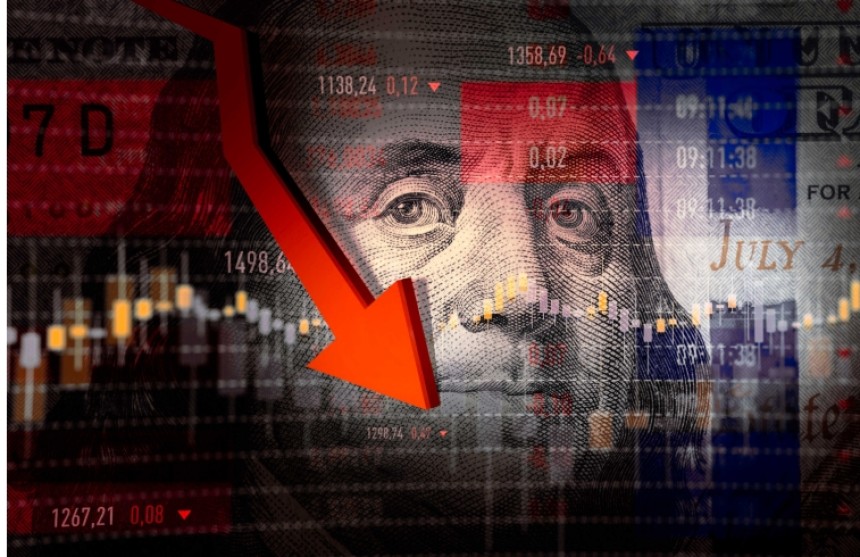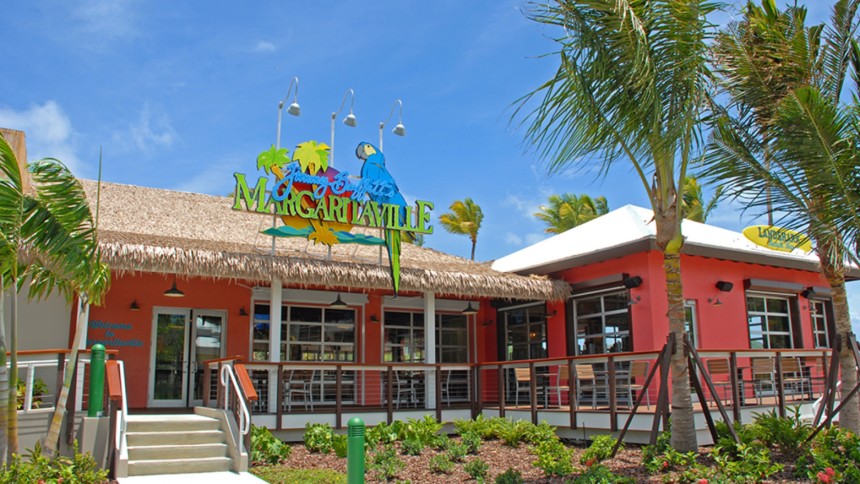
Bryan Expresses Concern Over Stock Market Instability and Tourism Slowdown, Urges Economic Action
As global economic conditions show signs of instability, Governor Albert Bryan Jr. said late Wednesday that his administration is taking steps to safeguard the Virgin Islands’ economy. He stressed the importance of proactive planning to protect businesses, workers, and residents from potential financial strain.
Pointing to stock market fluctuations and major airlines signaling possible reductions in travel demand, Mr. Bryan has directed his administration to assess how these global shifts could impact key areas, including tourism, household costs, and overall economic stability. Recognizing the potential ripple effects on local businesses and employment, the governor said he is pushing for early intervention to maintain the territory’s economic momentum.
Inflation, a key driver of rising costs for goods and services, has recently eased on the U.S. mainland, in part due to a decline in fuel prices. However, this relief may be short-lived. The reintroduction of Trump-era tariff policies—including a 25% tariff on goods from Canada and Mexico and an increased 20% tariff on Chinese imports—is expected to drive prices higher, potentially reversing recent gains. Estimates indicate that these tariffs could contribute a one-time boost (e.g. 0.6 to 0.7 percentage points) to core inflation, increasing the risk of stagflation — an economic condition characterized by stagnant growth, high inflation, and rising unemployment occurring simultaneously — if sustained. While inflation has cooled for now, its future trajectory remains uncertain as global trade policies continue to evolve.
According to Government House, Governor Bryan has instructed V.I. Department of Tourism Commissioner Joe Boschulte and the territory’s economic planning team to conduct a comprehensive analysis of emerging tourism trends. Their task is to assess the potential long-term impacts of global economic shifts on visitor arrivals and develop strategic plans to sustain and grow the industry through 2026 and beyond.





